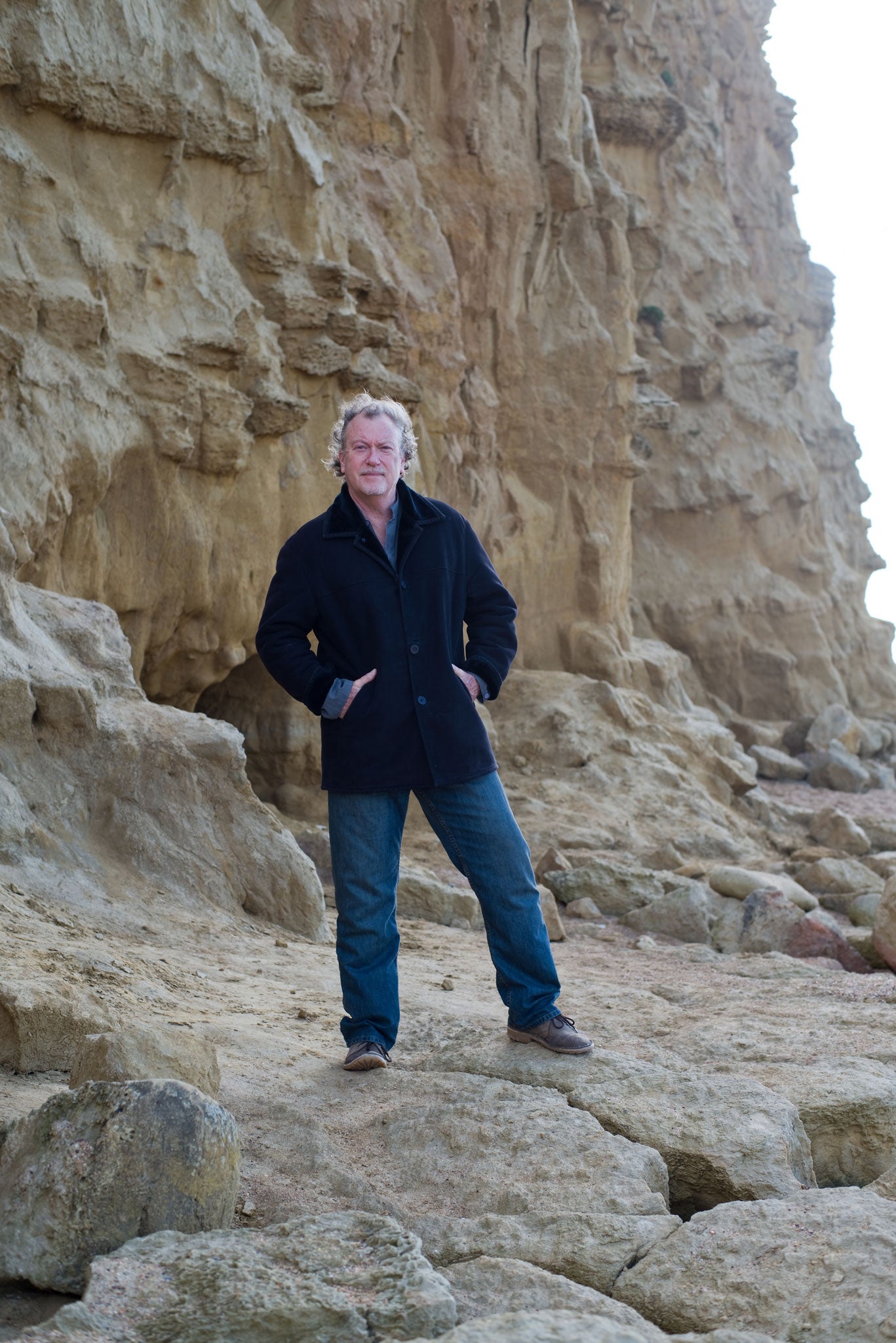The Conversation: Jon Lee Anderson, foreign correspondent

Your support helps us to tell the story
From reproductive rights to climate change to Big Tech, The Independent is on the ground when the story is developing. Whether it's investigating the financials of Elon Musk's pro-Trump PAC or producing our latest documentary, 'The A Word', which shines a light on the American women fighting for reproductive rights, we know how important it is to parse out the facts from the messaging.
At such a critical moment in US history, we need reporters on the ground. Your donation allows us to keep sending journalists to speak to both sides of the story.
The Independent is trusted by Americans across the entire political spectrum. And unlike many other quality news outlets, we choose not to lock Americans out of our reporting and analysis with paywalls. We believe quality journalism should be available to everyone, paid for by those who can afford it.
Your support makes all the difference.Your father was a diplomat and you had lived in, by my count, seven different countries by the time you were an adult. Can you imagine a life without travel?
I think it was eight countries before the age of 18. I've always wanted to live my life with a sense of adventure and to feel as though I'm continually exploring the world and if I can't have that, I get depressed.
Where is home?
Bridport. I met my wife in Dorset when we were teenagers. Over the years it's been home in a way my own country never was. But I'll never be entirely at home anywhere.
You wrote the book on Che Guevara, literally. Can you remember when you first heard of Che?
The day after his death. I was 10, living in Taiwan. He was captured on 8 October 1967, held overnight and executed the next day. It was in the newspaper, the famous picture: Che laid out, obviously dead, bare torso, eyes open, men pointing and looking at him – and not grieving him.
You met Hugo Chavez several times – what kind of a man was he?
He had great empathy. That was his true strength. He could switch it on or off, but he basically liked people. You rarely find this in leaders.
Can Venezuela hold together now that he's gone?
It's reached breaking point. I only see bad news ahead.
Of all the countries you've lived and worked in, is there one that has had the most profound impact on you?
Cuba. I really understood its psychology.
And which has the best food?
Peru. Ceviche is its great gift to the world.
Should the West intervene in Syria?
It's a no-win situation. A year ago I was just back from Aleppo and speaking to someone in Washington who asked if I had met anyone I would give missiles to. I said: "No". It showed the degree to which [the US] didn't know who to trust. The West should play a role in trying to ameliorate human tragedy in Syria… it can't abdicate responsibility, when Russia and China are playing a new Cold War game there.
You've talked about having a "fever of war" in your earlier reporting days. Where does that come from?
I felt like it was part of my education: I needed to know what war was because it had defined mankind since prehistory – and to test myself. I wasn't interested in weapons or tanks. I was interested in the psychology of violence itself.
Has your wife ever tried to dissuade you from going off to a warzone?
Never.
Have you ever come close to being shot?
Many times. I've been very lucky. The ones I remember are when other people have been shot near me. The first time that happened it was '83 in Nicaragua. I was with rebels and a sniper shot the guy two feet from me. He was shot in the stomach. It took him 11 hours to die. That was pretty traumatic. I've also been grabbed by people who wanted to kill me a couple of times and had to get away.
None of it has made you want to quit?
I have always had my family in mind, and I take qualified risks. There are times you have an instinct and don't want to go in a certain car, down a certain road.
Where are you heading next?
The story I'd like to do is in the Amazon. But it could be somewhere entirely different.
Biography
Jon Lee Anderson is a foreign correspondent, staff writer at the New Yorker and author of an acclaimed biography of Che Guevara. Born in California, he grew up in various countries. He lives in Dorset with his wife and children
Join our commenting forum
Join thought-provoking conversations, follow other Independent readers and see their replies
Comments